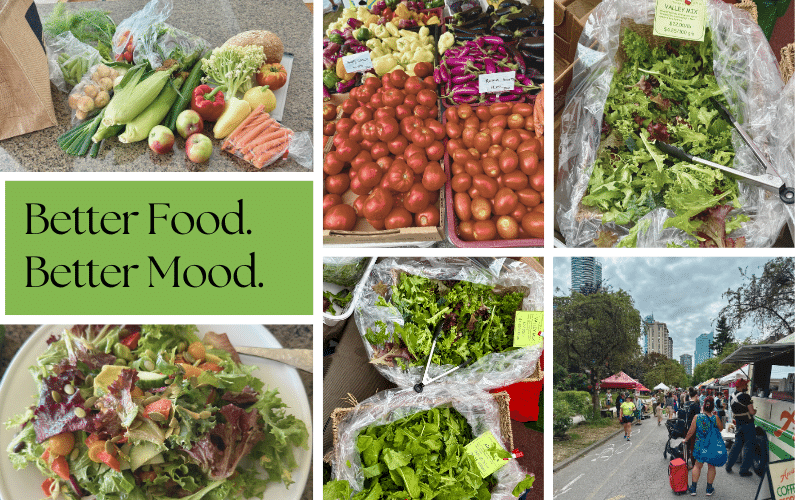How Ultra-Processed Foods Impact Your Health—and Why Whole Foods Make the Difference
“Processed foods are foods that don’t look like [how] they looked when they were first harvested,” explains Joan Ifland, an expert on processed food addiction.
Ultra-processed foods go even further. Their production often includes:
-
Powdering or liquifying ingredients
-
Turning them into syrups or crystals
-
Removing natural fiber and grinding into flour
-
Heating at extreme temperatures that vaporize nutrients
The result? A product that’s convenient and hyper-palatable—but far removed from its natural origins.
The Reality of Consumption
According to CDC data, 53% of all calories consumed by U.S. adults between 2021–2023 came from ultra-processed foods (down slightly from 56% in 2017–2018). That means more than half of what many people eat daily isn’t whole, nourishing food.
Why It’s a Problem
Research has linked ultra-processed foods to serious health issues such as:
-
Depression
-
Heart disease
-
Type 2 diabetes
-
Obesity
-
Higher mortality rates
The Benefits of Cutting Back
When you shift away from ultra-processed foods and back toward whole, minimally processed options, the benefits are powerful.
Ifland notes that eliminating processed foods can lead to:
-
Better emotional control (fewer stress hormones like adrenaline and cortisol in your system)
-
Improved digestion
-
More consistent energy and wellbeing
✅ Takeaway: The closer your food looks to how it did when it was harvested, the better it is for your body and mind. Small swaps—like choosing fresh fruit over packaged snacks—can create big shifts in your long-term health.
Contact Us
Create a Free Account
Receive weekly emails with workouts, tips & offers to help you live more vibrantly.


